Ukraine flags prisoner swap for taken Aussie Oscar Jenkins
Ukrainian ambassador to Australia Vasyl Myroshnychenko has warned Russia may use ‘Ukrainian hero’ Oscar Jenkins as lucrative ‘collateral’ in a prisoner exchange.
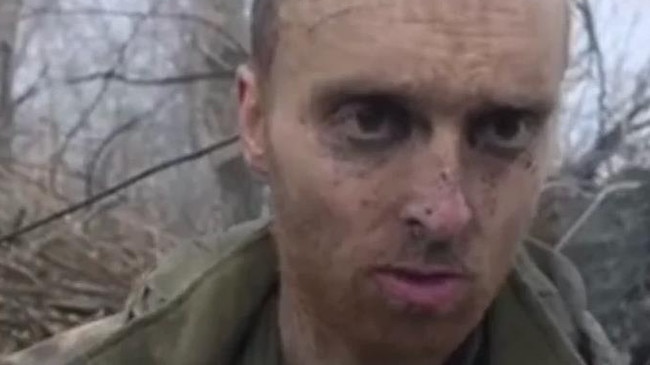
Captured Australian Oscar Jenkins will be classified as a prisoner of war in diplomatic negotiations with his Russian captors, providing a pathway to a prisoner swap despite concerns his nationality could complicate dealings.
Speaking to The Australian, Ukrainian ambassador to Australia Vasyl Myroshnychenko confirmed Mr Jenkins was a serving member of the Armed Forces of Ukraine, saying his government would assist in his safe return as it would any Ukrainian soldier under Russian captivity.
Having relayed the same confirmation to the Australian government on Friday, Kyiv has urged Russia to exercise all the restraints mandated by international war in its treatment of POWs.
The Australian understands Australia will not have consular access to Mr Jenkins, meaning it cannot communicate with him during his imprisonment, and will instead use the Ukrainian government as a go-between.
Non-government organisations such as the Red Cross will also act as emissaries to provide welfare checks on the 32-year-old Melburnian. It is a process in line with the treatment of American and British nationals made POWs.
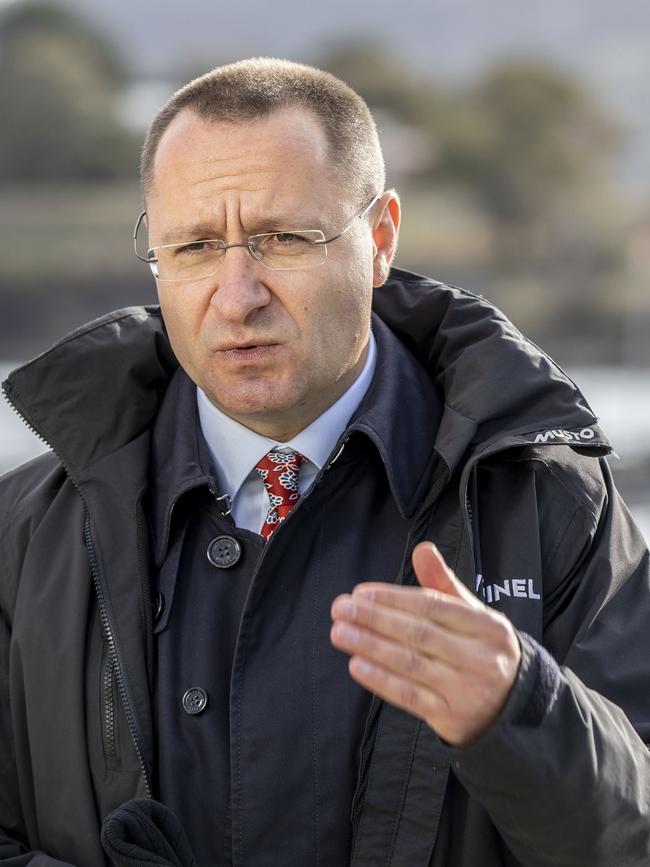
Mr Myroshnychenko urged patience, cautioning the journey to Mr Jenkins’ release will likely be a “long, drawn out process” in which Russia could easily use Mr Jenkins’ lucrative status as a foreign national to extract “additional collateral” during any discussion of prisoner exchange.
It is understood Australian diplomats anticipate Mr Jenkins would likely be offered up in exchange for Russian prisoners detained within Ukrainian, rather than a more unorthodox exchange for a Russian prisoner outside of the conflict zone, such as the self-styled “Aussie Cossack” Simeon Boikov.
“This is happening behind the scenes, it’s only the final outcome we see,” Mr Myroshnychenko said. “It’s not really in the public domain … those who are confirmed as prisoners of war get on the lists for exchange, and then there is a lengthy process.
“We (Kyiv) focus on (bartering with) the Russian prisoners of war kept in Ukraine, and because he was a Ukrainian member of the Ukrainian Armed Forces, that applies to him. Of course the fact that he’s an Australian citizen (means) we will have two tracks (of negotiation) … but we’re co-ordinating closely.”
“We had a senior level meeting on Christmas Eve at DFAT (Department of Foreign Affairs and Trade), where we discussed this issue. So I can assure you that this is treated as a priority. The only thing is we don’t have a mechanism of how that could be sped up, and we just have to rely on the procedures that we’ve had previously and were already in place.”
The Ambassador warned of the difficulties in negotiating with a “pariah state”, saying many freed Ukrainian POWs returned with confronting accounts of torture inflicted during captivity.
“I’ve lived through this because we see many of the Ukrainians captured as prisoners of war in Russia in lots of different video footage these days,” he said. “It’s traumatising for us. So I express my deepest sympathies to his mother and to his relatives. I feel their pain.”
“All the international humanitarian law conventions are now applying to this case, so he should be treated accordingly. And we urge Russia to stick to that.
“The problem is that Russians often do not stick to that, and we’ve seen it with our soldiers who come out of captivity and they are sharing some heinous, awful stories about the torture they’ve been exposed to
“Russia has been behaving like a rogue stake for a long period of time … They have undermined all the international rules based system, and they’re behaving like an imperialistic country trying to capture territory, trying to revive an empire.”
Despite this, Mr Myroshnychenko pledged Mr Jenkins, like the other captured foreign nationals before him, would be treated “as a hero” by Ukrainians.
“All those people who have chosen to come and support Ukraine and fight for Ukraine, they’re Ukrainian heroes, they could not sit on a couch and see how Russia is killing civilians,” he said. “He is certainly a hero.”
The increasingly direct dialogue between Russo-Australian diplomats has already injected far more direct and derisive rhetoric into the appointed voices of either nation, with Australia batting off accusations of pursuing “Russophobic policy” on Thursday.
Mr Jenkins served with the Ukrainian Foreign Legion and was reportedly captured while fighting in the Donbas region. He is the first Australian combatant reportedly captured by Russian forces in Ukraine.
The Kremlin first acknowledged Mr Jenkins’ reported capture after Russian ambassador to Australia Alexey Pavlovsky was called before DFAT in Canberra on Monday.
“The circumstances are extremely challenging, but the Australian Government is working closely with the government of Ukraine and appropriate organisations, including the International Committee of the Red Cross, to confirm Mr Jenkins’ whereabouts and support him and his family,” an Australian government spokesperson said.
“Australia has made our expectations clear to Russia - it must comply with international legal obligations and ensure Mr Jenkins’ welfare.”


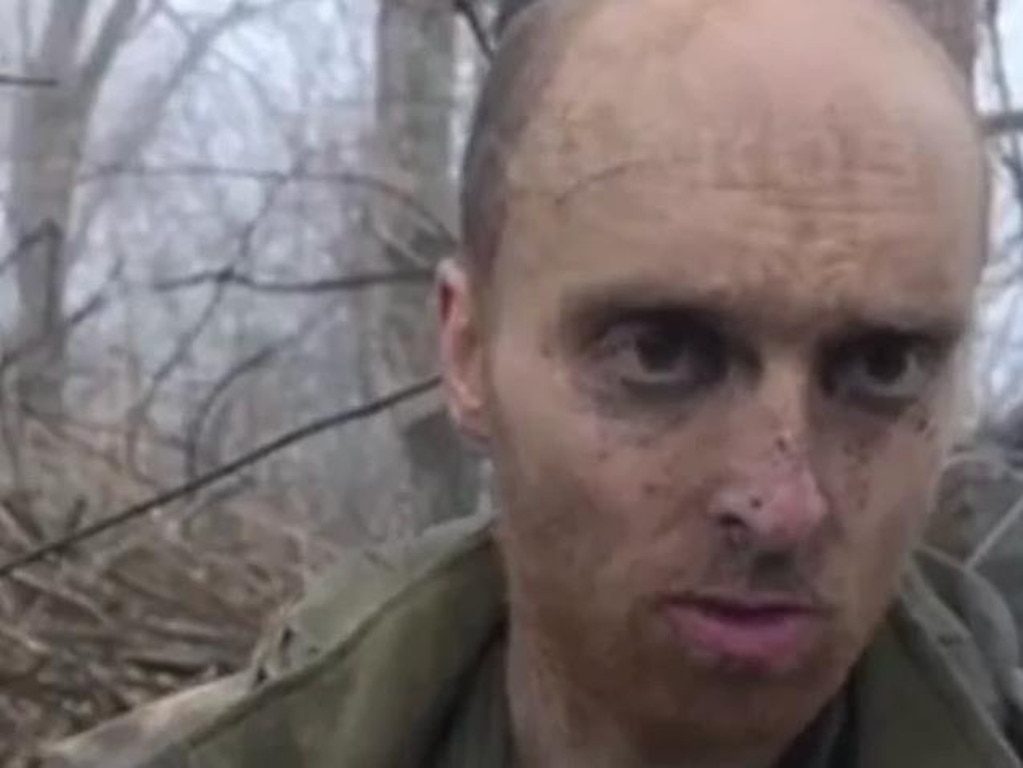
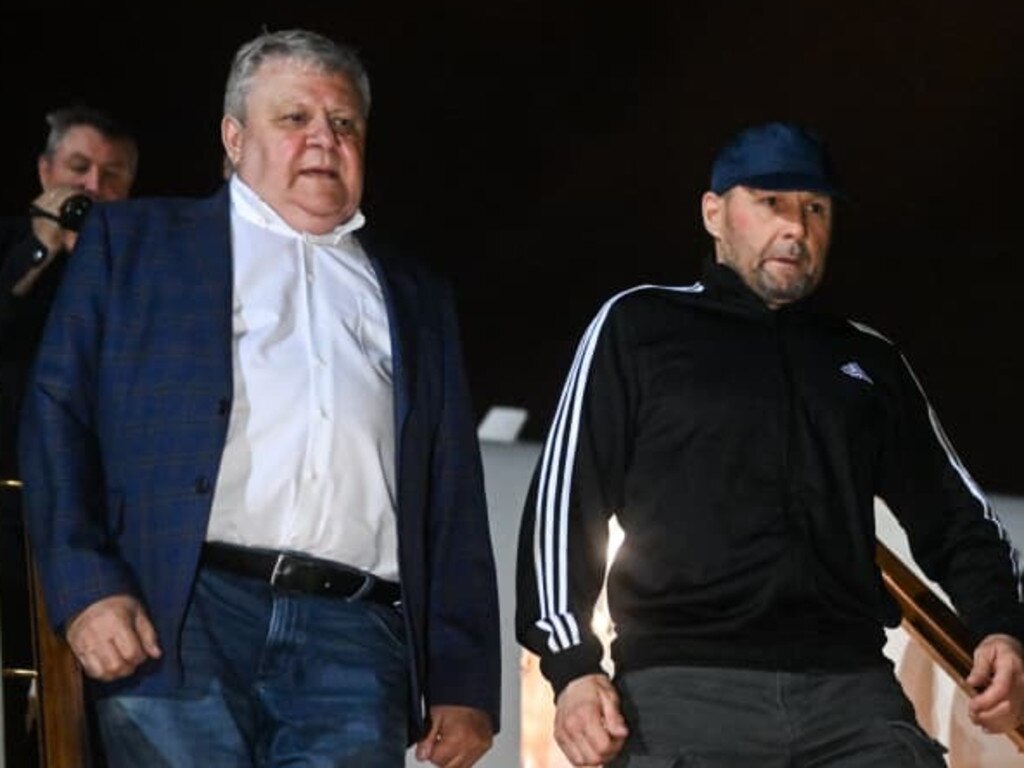
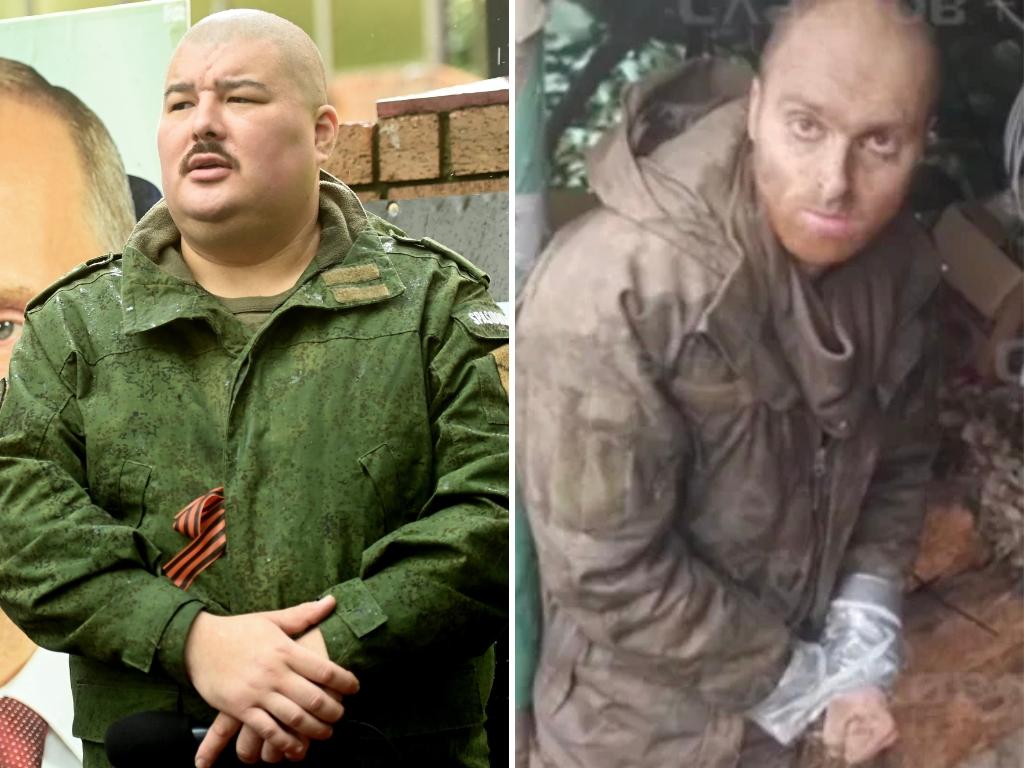
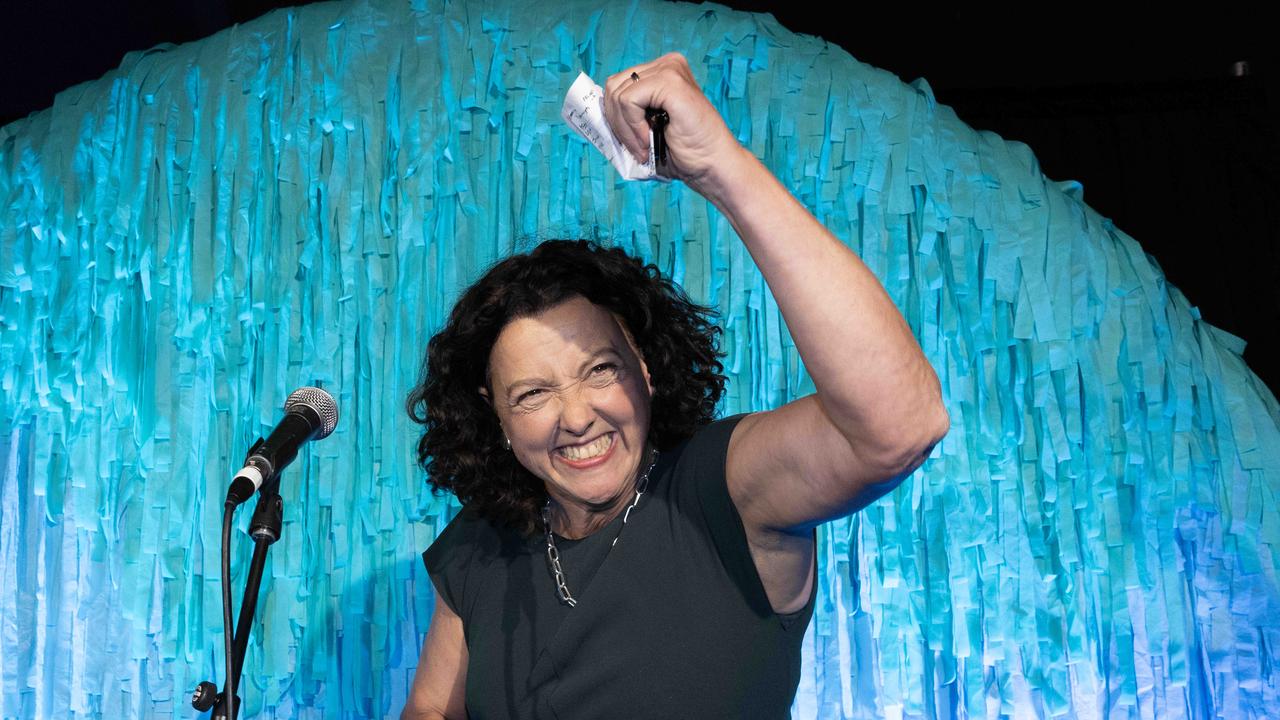
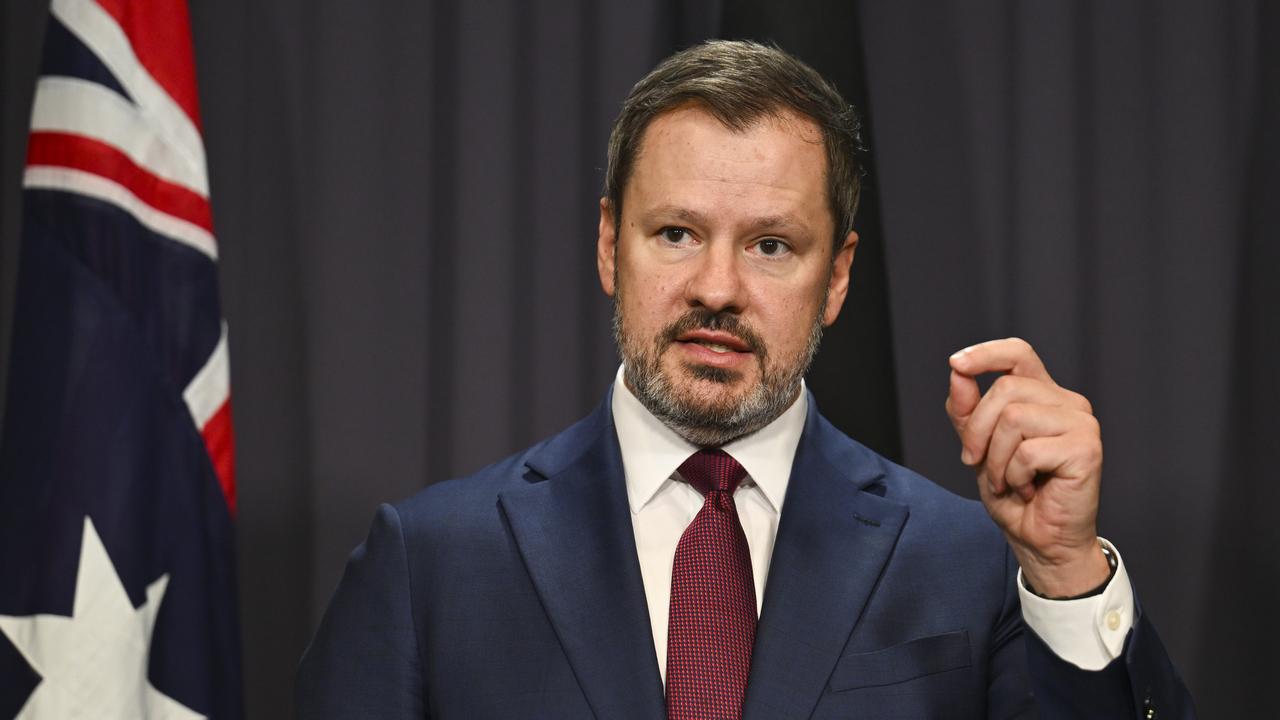
To join the conversation, please log in. Don't have an account? Register
Join the conversation, you are commenting as Logout